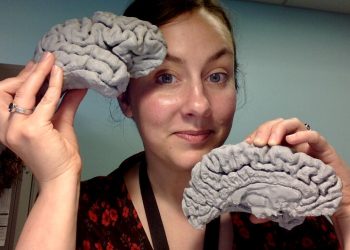A recent study published in the medical journal Neurology found that there is a connection between sleep problems and a higher risk of stroke.
The study involved 4,496 participants, including 2,243 people who had suffered a stroke and 2,253 who had not.
The participants were asked about their sleep habits, including the amount of sleep they got, the quality of their sleep, and whether they experienced snoring, snorting, and sleep apnea.
The study found that people who had sleep issues, including getting too much or too little sleep, taking long naps, having poor quality sleep, snoring, snorting, and sleep apnea, were more likely to have a stroke.
The risk of stroke was even higher for those who had five or more of these symptoms. However, the study only showed an association between sleep concerns and stroke, and not a causal relationship.
The researchers emphasized the importance of addressing sleep problems for stroke prevention and called for further research into sleep-related interventions.
They suggested that doctors could have earlier conversations with people who are having sleep problems, and that interventions to improve sleep may also reduce the risk of stroke.
The study had limitations, as people reported their own symptoms of sleep difficulties, which may not have been entirely accurate.
Nonetheless, the results suggest that sleep problems should be an area of focus for stroke prevention, and addressing sleep problems may be a useful strategy to reduce the risk of stroke.

















































